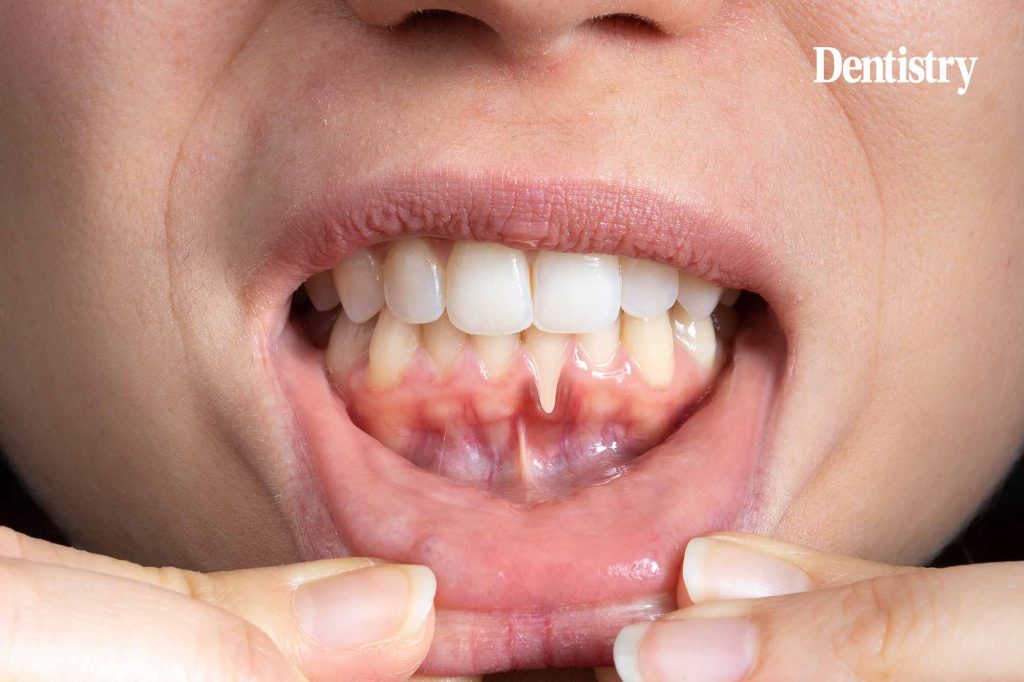
Treating gum disease after a heart procedure for atrial fibrillation (AFib) may help prevent the condition from returning, according to a new report.
Published in the Journal of the American Heart Association, a study has found that having your teeth cleaned could improve the prognosis of AFib.
Conducted from 1 April 2020 to 31 July 2022, 92 participants underwent radiofrequency catheter ablation as well as treatment for gum inflammation.
The other 191 participants also received the ablation procedure – but did not have treatment for their gum inflammation.
Follow ups were conducted one, three, six, nine, and 12 months after each patient’s ablation procedure, and then every six months.
Recurrence rates
Findings included:
- One quarter (24%) of the participants experienced AFib recurrence
- Those who had severe gum inflammation but were treated were 61% less likely to experience AFib again compared to those with severe gum inflammation who did not have it treated
- People who experienced AFib recurrence were more likely to have more severe gum disease
- Having gum disease, being female, experiencing irregular heartbeat for more than two years and left atrial volume were predictors for AFib recurrences.
‘Gum disease can be modified by dental intervention,’ said lead study author Shunsuke Miyauchi, an assistant professor at the Health Service Center at Hiroshima University in Japan.
‘Proper management of gum disease appears to improve the prognosis of AFib, and many people around the world could benefit from it.’
He added: ‘While the main findings were consistent with their expectations, we were surprised how useful a quantitative index of gum disease, known as periodontal inflamed surface area or PISA, could be in cardiovascular clinical practice.’
Risk factors
New research has also investigated the link between vaping and heart failure – with one in five participants who vaped going on to develop the condition.
Researchers from Medstar Health in Baltimore analysed data from 175,667 adult participants in the US over four years. Of these e-cigarette users, 3,242 developed heart failure within the study period. This was 19% higher than expected in those who have never vaped.
Various socioeconomic and demographic factors were accounted for in determining the results of the study. For example, other heart disease risk factors and substance usage such as alcohol and tobacco.
The researchers found no evidence that age, sex or smoking status affected the relationship between vaping and heart failure.
Follow Dentistry.co.uk on Instagram to keep up with all the latest dental news and trends.



